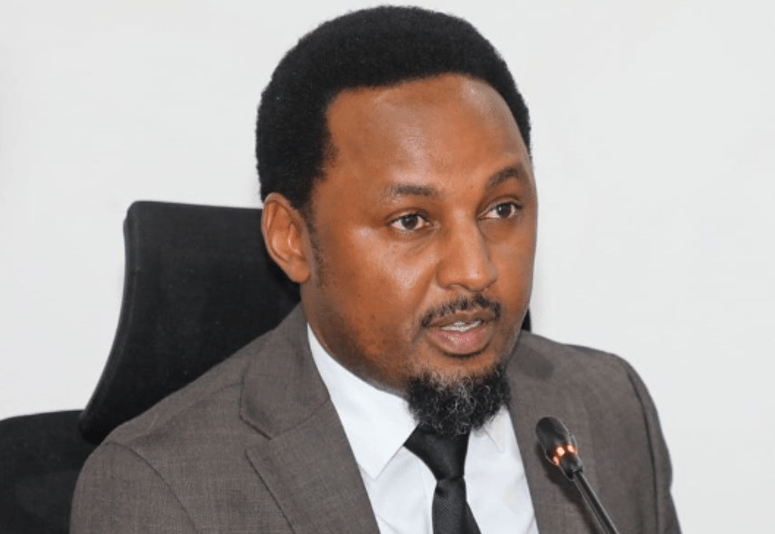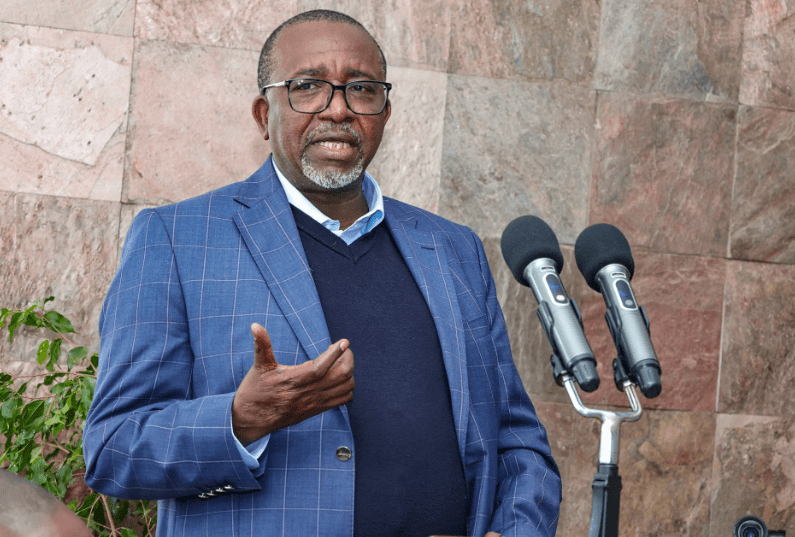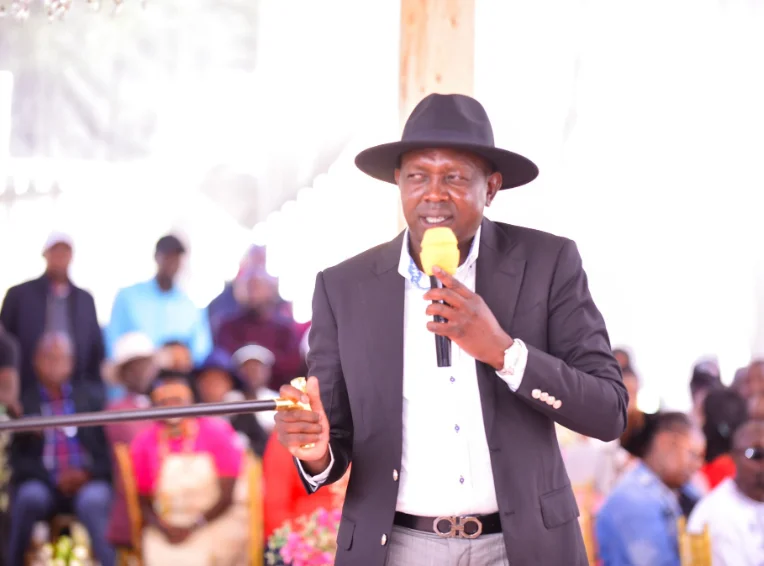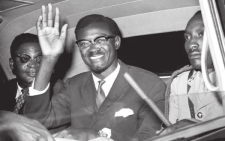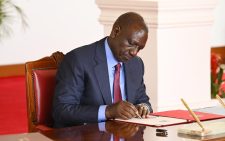It is a pity youth were left out of Cabinet positions
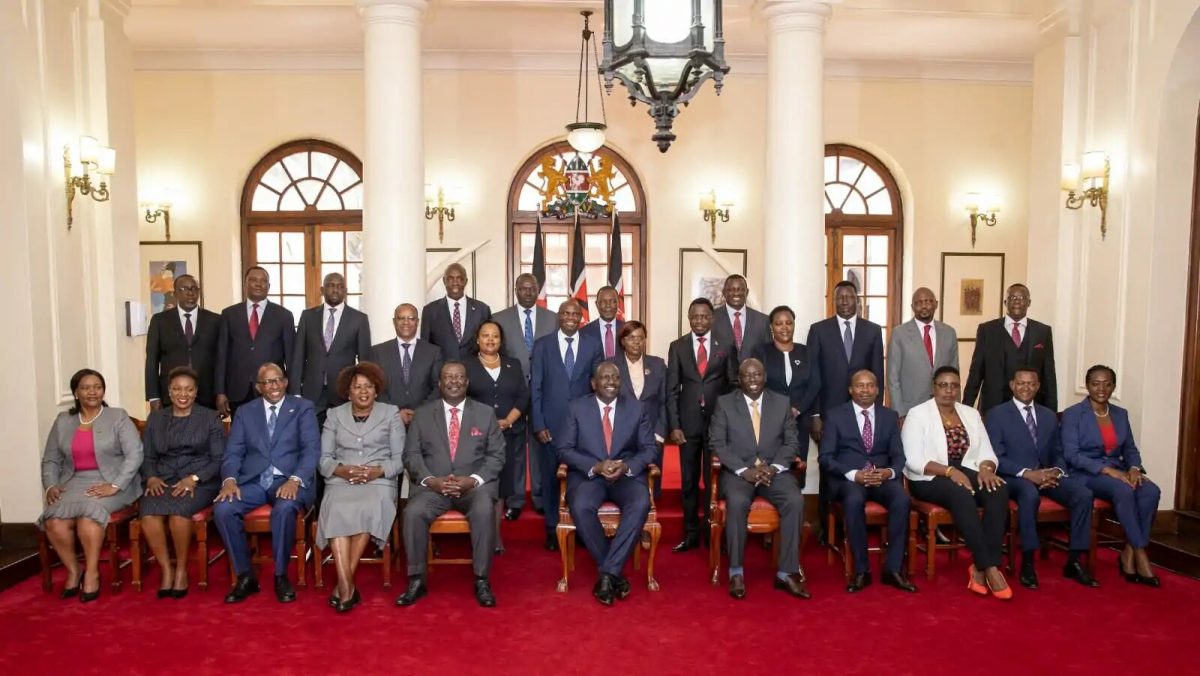
The many challenges facing young people in Kenya with joblessness on top notwithstanding, President William Ruto has failed to appoint them to Key positions for the second time in a row.
He first made this mistake when he named his Cabinet a fortnight ago, which many Kenyans expected he would remedy with the appointment of Principal Secretaries. He also failed to create a youth-led ministry to articulate their affairs.
Appointment of more young people to crucial positions would have given Kenyans fresh optimism that President Ruto’s administration was keen on the plight of the young generation.
During his campaigns, Ruto was very emphatic on the importance of youth and women empowerment as a key element of national unity.
For a government that campaigned and promised to promote Kenya’s youthful population, the appointments have raised doubts about the political goodwill of inclusion. Kenyan leaders have a wrong perception of viewing youth as leaders of tomorrow.
If you look at some of those who constitute the government of Ruto today, they got a chance into leadership when they were young, including himself and Musalia Mudavadi, the most senior Cabinet Secretary.
According to a recent report by the Ministry of Labour, more than 70 per cent of employees in the government are above 35.
The government should borrow from the private sector, where young people’s creativity, energy and dynamism have driven the sector. Unfortunately, this has been overlooked in public service appointments.
It is inevitable that for the government to make the envisaged progress, it has no choice but to work with young people, considering that more than 80 per cent of the population is under 35.
The country’s median age is 19, making Kenya one of the world’s most youthful countries in the world. The Constitution acknowledges the importance and youth participation in building national identity. This is a huge betrayal if one considers the extent to which the new administration has leaned to learn vital lessons from the private sector, where 60 per cent of employees are aged below 35.
Such initiatives as the Youth Enterprise and Development Fund and the 30 per cent government tenders reserved for the youth, women, and persons with disabilities have failed to yield the intended results is because they are not properly anchored in political processes.
One way to ensure youth integration, especially in the civil service, is by having a deliberate effort to transfer vital skills from older public servants to younger ones.
Equally important is the need for the government to develop capacity-building programmes to give the youth the skills they require to fit in the civil service.
Young people do not lack the required qualifications to serve in the government, but they are left out on the basis of lack of experience, which is wrongly measured only by the number of years of service and sometimes political leanings.
Although experience is important and should not be ignored, there is a need for affirmative action to consider other factors to help propel young people into positions of influence in the civil service.
—The writer is a Public Policy Analyst
